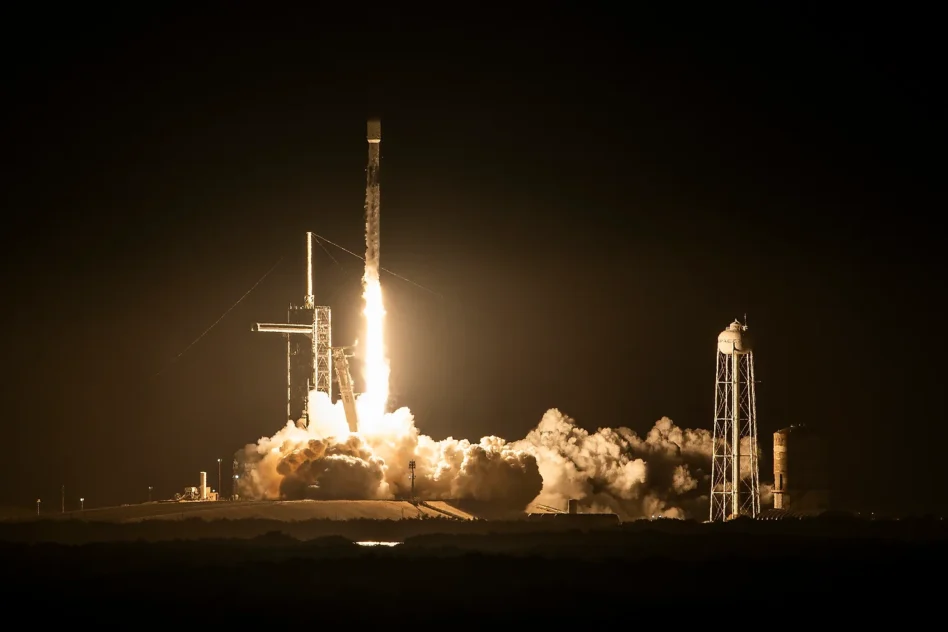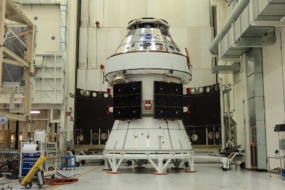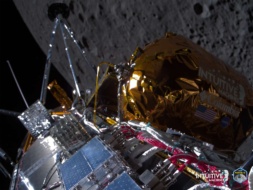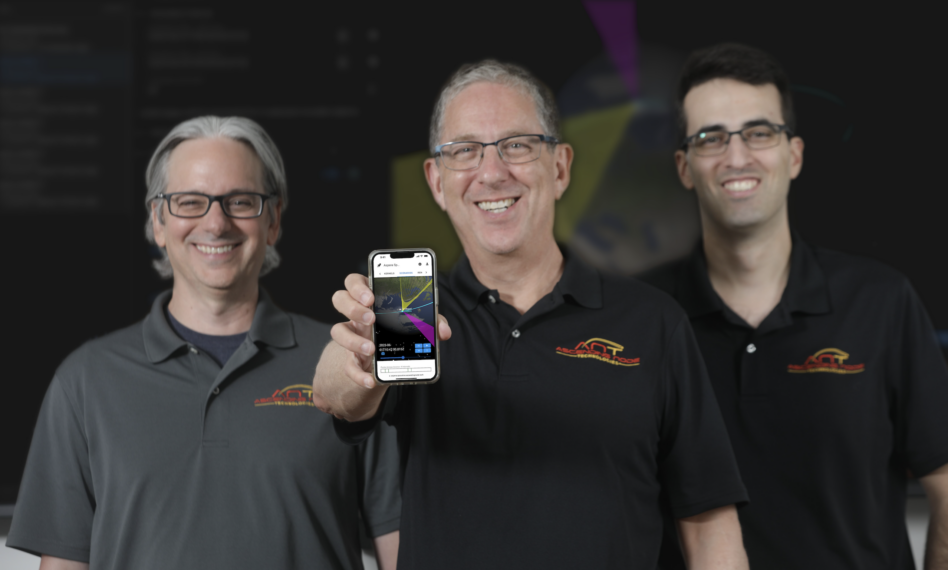SEOPS Space, a payload integrator, will partner with Intuitive Machines to offer a rideshare service to deep space set to begin in 2025, after IM’s next two Moon landing missions.
While access to LEO is increasingly easy for small sats thanks to SpaceX rideshares and Rocket Lab’s Electron, getting to high orbits or deep space is trickier for private companies.
Supply-side. “Rideshare is a main core competency of the business for us, and we want to be a leader in cislunar,” SEOPS CEO Chad Brinkley told Payload.
His company, which is supporting five spacecraft on the upcoming SpaceX Transporter-11 mission to LEO, sees the new partnership as a way to add more destinations to his company’s toolkit, including high Earth orbits, the lunar surface, and the Lagrange points between the Earth and the Moon.
“The underpinning of this is we have a US government customer that has a pretty sizeable spacecraft that wants to go to L1,” Brinkley said.
That spacecraft will have its own propulsion, but in the future, SEOPS wants to fly smaller spacecraft on its OTV, dubbed Octobus.
Moon units. Intuitive Machines (NYSE:LUNR) purchases dedicated launch vehicles to access the specialized orbits its lunar missions require. The company says it can typically sell around 1000 kg in excess payload capacity to defray the cost.
The company is flying its first rideshares on the IM-2 mission, expected before the end of 2024, including a prototype spacecraft for asteroid hunters AstroForge and NASA’s Lunar Trailblazer science mission. The company has also sold an undisclosed rideshare mission on IM-3 in 2025.
“They want to sell rideshare missions; we are the top domestic integrator on this rocket [the Falcon 9], right?” Brinkley says. “So it was a good marriage.”





